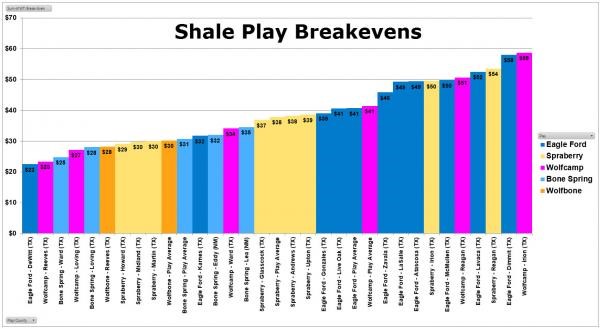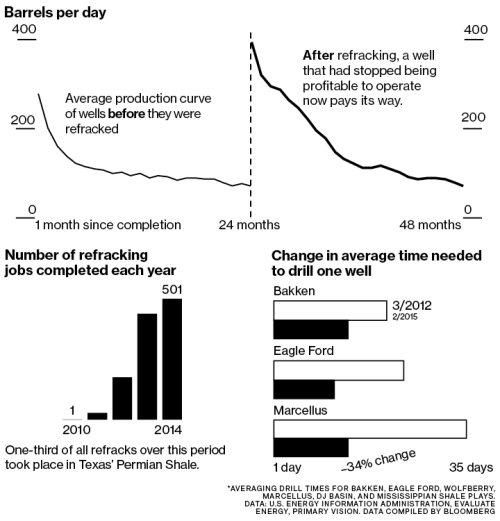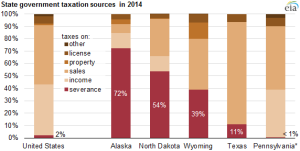Three recent articles have intensified the debate over whether allocation wells are authorized by a typical oil and gas lease. Two of the articles appear in the most recent edition of the Section Report of the Oil, Gas & Energy Resources Law Section of the State Bar. The first, written by Ernest E. Smith, makes clear in its title the position of the author: Applying Familiar Concepts to New Technology: Under the Traditional Oil and Gas Lease, a Lessee Does not Need Pooling Authority to Drill a Horizontal Well that Crosses Lease Lines. View here: Applying Familiar Concepts A later version of his article will be published in the Texas Journal of Oil, Gas and Energy Law at the University of Texas School of Law. The second article is by Ronald D. Nickum, an oil and gas attorney in Amarillo, titled Non Consent Allocation – Will it Survive Judicial Scrutiny. View here: Non Consent Allocation Mr. Nickum’s article is more skeptical about the legality of allocation wells.
Professor Smith’s article is written in rebuttal to an article to be published in the Baylor Law Review written by Professor Bret Wells, Allocation Wells, Unauthorized Pooling, and the Lessor’s Remedies, which can be viewed here. Professor Wells argues that allocation wells are a form of pooling not authorized by a typical oil and gas lease and give rise to claims for trespass and punitive damages.
The Texas Railroad Commission ruled in the Klotzman case that it had the authority to issue permits to drill horizontal wells that cross multiple lease lines without pooling those leases together. Although the Commission has never adopted a rule defining or authorizing permits for such wells, an “allocation well” has generally come to be understood as a well that crosses one or more lease lines and that produces from more than one lease without pooling those leases and without any agreement with the royalty owners as to how production will be allocated among the leases crossed by the well. Because of the uncertainty as to the legality of allocation wells, exploration companies sought legislation in the last legislative session expressly authorizing such wells. That bill, HB 1552, died in committee. It is expected that similar legislation will be filed in the upcoming session.
 Oil and Gas Lawyer Blog
Oil and Gas Lawyer Blog




